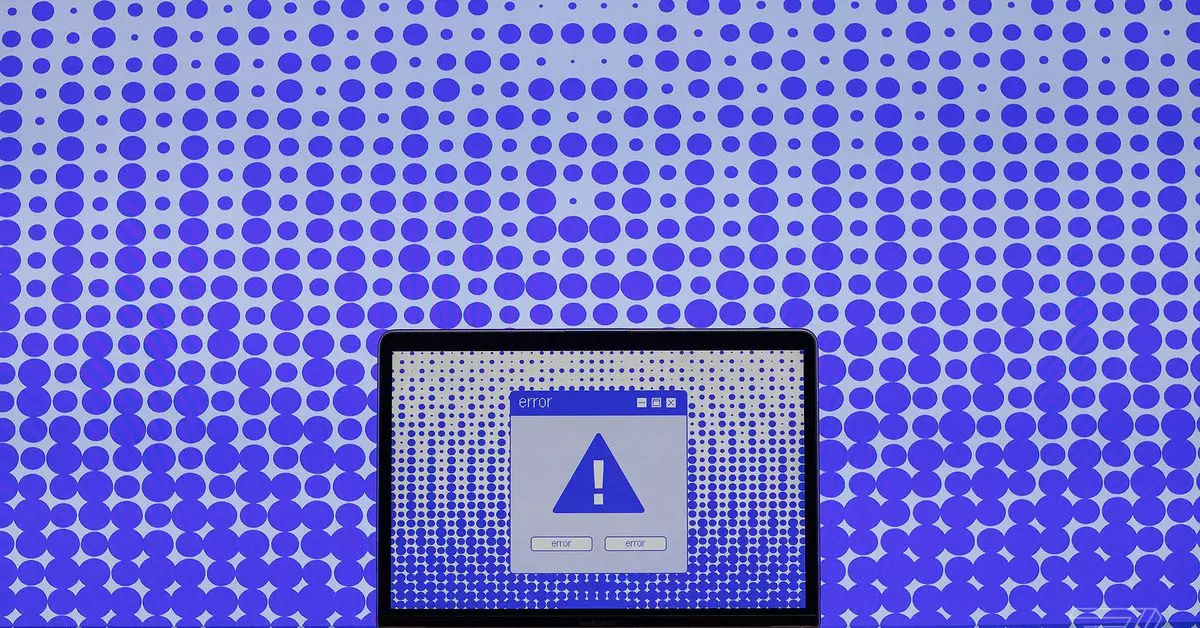The Internet Archive, a vital repository of digital knowledge and historical web content, has faced a major cyber crisis which has left users on high alert. Following a significant data breach and Distributed Denial of Service (DDoS) attack, founder Brewster Kahle confirmed that the organization was hit by a cyberattack that affected over 31 million unique email addresses. This incident not only compromised the safety of user data but also rendered the Internet Archive’s extensive resources inaccessible to the public. As a result, the site has been temporarily taken offline, leaving a stark message to visitors about its unavailability.
The recent events have generated extensive discussions about the integrity of digital platforms that house substantial amounts of user data. With more than 31 million email accounts potentially exposed, the implications of this breach extend beyond just the Internet Archive. The cyberattack highlighted the vulnerabilities present in large data repositories and raised concerns about users’ personal information being at risk. The details leaked during the attack included not only email addresses and usernames but timestamps for password changes, making the significance of this incident potentially catastrophic for affected users.
In the wake of the attack, Kahle reassured the public that despite the incident, the data itself is secure and under protective measures. He mentioned that the Internet Archive staff is actively working to reinforce security protocols while the services remain offline, emphasizing the necessity of this response to safeguard user data. His projection of a timeline stating that the services may return in a matter of days rather than weeks offers a glimmer of hope for the many who rely on the archive’s significant resources for research, education, and historical reference.
The larger tech community is reacting, with Troy Hunt, the creator of “Have I Been Pwned,” shedding light on the situation by revealing that he received a file containing the compromised data. This confirmation serves as a critical reminder for individuals to be vigilant about their digital security. Users registered on Hunt’s platform will receive alerts if their information is included in the stolen dataset, providing a measure of caution as they navigate this breach.
This incident ultimately raises broader questions about the future of digital archives and how they can evolve to remain secure amid increasing cyber threats. As cyberattacks become more sophisticated, institutions that curate large databases of personal information must prioritize strengthening security measures while maintaining transparency with their user base. The Internet Archive serves not only as a digital library but also a crucial component of our cultural memory. Protecting its integrity is paramount, urging both stakeholders and users to reassess their roles in securing digital spaces.
As the Internet Archive works to recover from this dire event, it serves as a stark reminder that in our expanding digital landscape, cybersecurity must always be at the forefront of discussions, policies, and practices.

